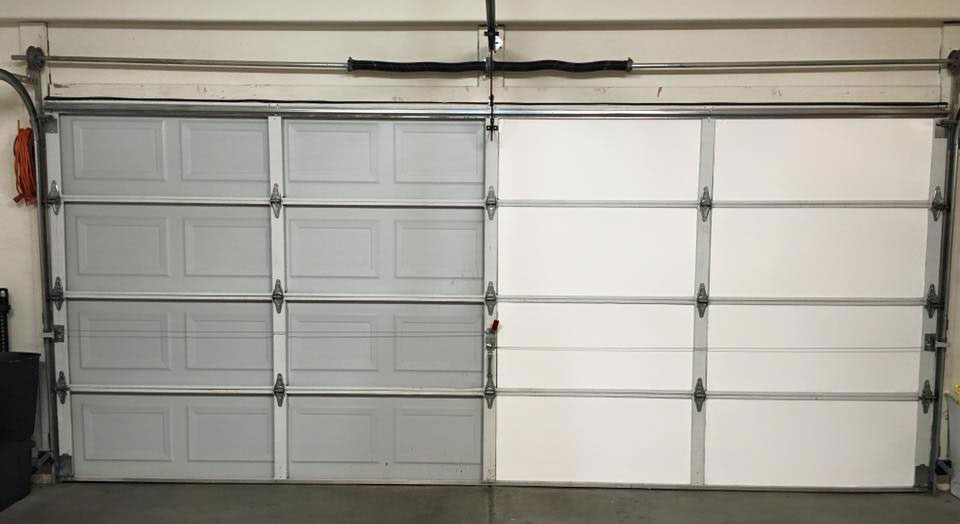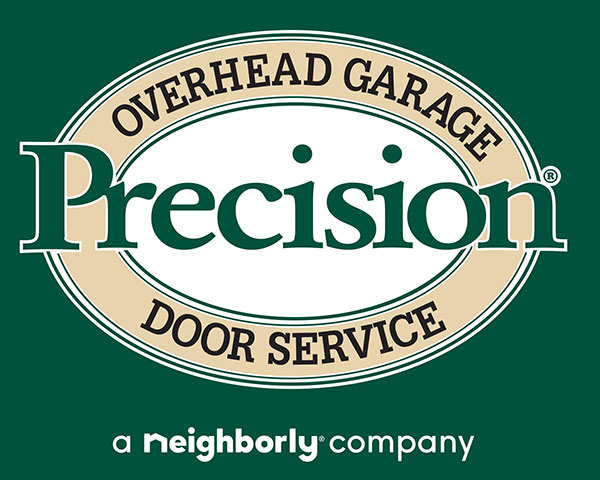
When it comes to selecting the perfect garage door for your home, one of the crucial decisions is whether to opt for an insulated or non-insulated option. This choice goes beyond aesthetics and extends to factors like energy efficiency, temperature control, and overall home comfort.
In this comprehensive guide, we will explore the benefits of insulated garage doors, the various insulation options available, a cost-benefit analysis, and how this decision can impact your home’s value.
Benefits of Insulated Garage Doors
Insulated garage doors offer a range of advantages that extend beyond mere insulation. They contribute to enhanced energy efficiency, which can lead to cost savings on heating and cooling bills. Additionally, insulated doors provide better temperature control within the garage, making it a more comfortable space for various uses.
Choosing the Right Garage Door Insulation
Selecting the appropriate insulation for your garage door is crucial. We’ll delve into the different insulation materials available, such as polyurethane and polystyrene, comparing their thermal efficiency and suitability for different climates. Understanding the insulation options will help you make an informed decision based on your specific needs.
Is Garage Door Insulation Worth It?
To insulate or not to insulate? This question often arises during the garage door selection process. We’ll explore the cost-benefit analysis of garage door insulation, considering the upfront expenses versus long-term savings on energy bills. This section aims to provide clarity on whether investing in insulation is a worthwhile endeavor for your home.
Energy Efficiency of Insulated Garage Doors
Energy efficiency is a crucial consideration in today’s environmentally conscious world. We will analyze how insulated garage doors contribute to overall energy efficiency, reducing the carbon footprint of your home. Understanding these aspects will help you make an eco-friendly choice that aligns with your values.
Comparing Garage Door Types
Garage doors come in various types, each with its unique characteristics. This section will compare different garage door types, such as sectional, roll-up, and side-hinged doors, to determine how insulation impacts their performance. By understanding the nuances of each type, you can make an informed decision based on your garage’s layout and your preferences.
Insulation Options for Garage Doors
Dive into the nitty-gritty details of garage door insulation options, including the R-value, which measures thermal resistance. We’ll discuss how insulation materials affect the R-value and explore which options are best suited for specific climates. This knowledge will empower you to choose insulation that aligns with your geographic location and climate needs.
Home Garage Door Insulation Guide
This section serves as a comprehensive guide to insulating your home garage door. From DIY insulation projects to hiring professionals for the job, we’ll provide step-by-step guidance on the insulation process. This guide aims to empower homeowners to take charge of their garage’s insulation, ensuring a well-insulated and energy-efficient space.
Thermal Efficiency in Garage Doors
Explore the concept of thermal efficiency in garage doors and how insulation plays a pivotal role. We’ll break down the science behind thermal efficiency, helping you understand how different insulation materials impact your garage’s ability to maintain a consistent temperature.
Cost-Benefit Analysis of Garage Door Insulation
A detailed examination of the costs associated with garage door insulation and the potential long-term benefits. We’ll consider factors such as increased home value, energy savings, and improved comfort to provide a comprehensive cost-benefit analysis. This information will aid you in making an economically sound decision for your home.
Insulated Garage Doors for Your Home
Discover the wide array of insulated garage door options available in the market. We’ll showcase popular models and brands known for their insulation features, helping you narrow down your choices. This section aims to simplify the selection process by highlighting standout insulated garage doors for your consideration.
Non-Insulated Garage Door Pros and Cons
While insulated garage doors offer numerous advantages, non-insulated options have their merits too. This section will explore the pros and cons of non-insulated garage doors, helping you weigh the trade-offs and make an informed decision based on your priorities and budget.
Should You Insulate Your Garage Door?
Delve into the factors that should influence your decision on whether to insulate your garage door. We’ll consider aspects like climate, intended use of the garage, and your budget to help you determine if garage door insulation is a necessity for your home.
Best Garage Door for Your Climate
Different climates demand different garage door features. This section will guide you in choosing the best garage door for your specific climate, whether you live in a cold region requiring maximum insulation or a warmer area where ventilation is a priority.
Garage Door Insulation for Temperature Control
Temperature control is a key consideration, especially if you use your garage for activities beyond storing vehicles. We’ll discuss how insulated garage doors contribute to maintaining a comfortable temperature, making your garage a more versatile and usable space throughout the year.
Soundproofing: Insulated vs. Non-Insulated Garage Doors
In addition to thermal benefits, insulated garage doors offer superior soundproofing compared to their non-insulated counterparts. We’ll explore how insulation materials dampen noise, creating a quieter and more peaceful environment inside your home.
Residential Garage Door Insulation Comparison
A side-by-side comparison of residential garage door insulation options. We’ll highlight the features, benefits, and drawbacks of different insulation materials to assist you in making an informed decision tailored to your home’s unique requirements.
Enhancing Home Value with Insulated Garage Doors
Investing in an insulated garage door can positively impact your home’s value. This section will explore how insulated garage doors contribute to curb appeal, energy efficiency, and overall home value, making them a worthwhile investment for homeowners looking to enhance their property.
Garage Door Insulation and Home Comfort
Achieving optimal home comfort involves more than just temperature control. We’ll discuss how garage door insulation contributes to a more comfortable living environment, addressing factors like humidity and air quality. This holistic approach to home comfort can be achieved through the right choice of garage door insulation.
Choosing Between Insulated and Non-Insulated Garage Doors
In the final section, we’ll recap the key considerations and help you make the ultimate decision between insulated and non-insulated garage doors. By weighing the benefits, costs, and your specific needs, you’ll be equipped to choose the garage door that best suits your home.
Final Thoughts
The decision between insulated and non-insulated garage doors is a multifaceted one that involves considerations of energy efficiency, temperature control, cost-effectiveness, and overall home comfort. As we’ve explored the benefits of insulated garage doors, the various insulation options, and the potential impact on home value, it becomes evident that this choice extends beyond a mere functional decision—it’s an investment in the long-term sustainability and comfort of your home.
While insulated garage doors may incur a higher upfront cost, the potential savings on energy bills and the positive effects on home value make them a compelling option for many homeowners. Ultimately, the ideal garage door for your home depends on your specific needs, budget, and geographical location. Whether you prioritize energy efficiency, temperature regulation, or soundproofing, this guide aims to empower you with the knowledge needed to make an informed decision that aligns with your unique requirements and enhances the overall quality of your home.










